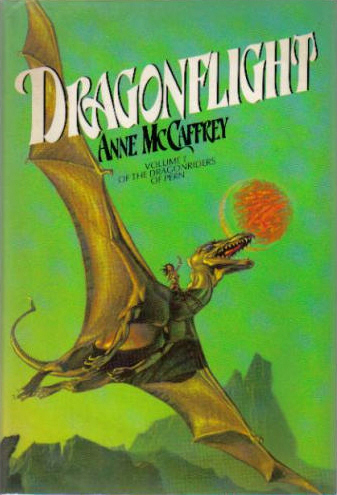What motivates you to play games?
February 5th, 2014 at 11:02 pm (Games, Library School, Psychology)
 All games are not created equal, and neither are all gamers. Ito and Bittanti, in chapter 5 of “Hanging Out, Messing Around, and Geeking Out: Kids Living and Learning with New Media,” identify five different “genres of game playing” that describe different motivations and modes of play. They are:
All games are not created equal, and neither are all gamers. Ito and Bittanti, in chapter 5 of “Hanging Out, Messing Around, and Geeking Out: Kids Living and Learning with New Media,” identify five different “genres of game playing” that describe different motivations and modes of play. They are:
- Killing time: playing a game while you wait or because you’re bored or want to be distracted (e.g., crossword puzzles, solitaire, Minesweeper)
- Hanging out: playing a game to connect with other people socially (e.g., party games, board games, Rock Band, bridge)
- Recreational gaming: playing a game for the sake of the game (e.g., first-person shooters or really anything you get immersed in)
- Organizing and mobilizing: playing a game that’s grown into a formal structure (e.g., being the dungeonmaster for a D&D game or a guild leader in MMORPGs)
- Augmented game play: playing a game and creating additional “paratexts” around the game, such as fan sites, hacks, walk-throughs, cheat codes, or a focus on the creative element of the game (player customization, campaign design, etc.).
Player investment in (and passion for) the game increases along the list, from killing time up to augmented game play.
While some games seem to associate directly with a particular game playing genre, there isn’t a strict mapping. For example, players can enjoy World of Warcraft in any of these modes, depending on their interest in the game, their technical prowess, and their current mood. Bridge can be played socially, with ample table talk, or in a cutthroat competitive mode in which silence reigns outside of the bids. A player’s current genre might even change during the course of a game playing session.
Reflecting on my own game playing, I am not sure I have a particular preferred genre. The time I spend playing games today is limited, due to other demands on my time, and therefore limited to the “hanging out” genre (occasional board games or video games with friends). But during my first year in college, I discovered online communal role-playing games (the text-based predecessors of today’s MMORPGs), and that experience ranged over most of the five genres.
 I was quickly captivated by the Pern-based games in which you could create a character who had the chance to be chosen as a dragonrider — every Anne McCaffrey fan’s dream. I spent hours developing my character and role-playing with other people on the game. I was bowled over by the idea of a bunch of people getting together to effectively write a collaborative novel in realtime (!).
I was quickly captivated by the Pern-based games in which you could create a character who had the chance to be chosen as a dragonrider — every Anne McCaffrey fan’s dream. I spent hours developing my character and role-playing with other people on the game. I was bowled over by the idea of a bunch of people getting together to effectively write a collaborative novel in realtime (!).
Rather than progressing from a social to technical to creative motivation (as suggested if you view the genre list as a progression), it was the creative element that drew me in first (augmented game play). My interest in programming inspired me to learn how to create custom interactive in-game objects. As I developed friendships with other players, the social aspect (hanging out) became more present; sometimes the role-playing would taper off while the players engaged in “out of character” discussions on communication channels that weren’t part of the in-game play but were still social. As my investment and expertise grew, I became more involved in the organization part of the game: helping run large-scale events (such as dragon egg Hatchings) and creating names and descriptions for the next batch of dragons. Eventually, real life constraints placed limits on how much time I could invest in the game, and I moved on to other things.
I would not be surprised if most people find their engagement with any particular game to move between genres as I’ve described here. Over time, what interests you most about a game (and keeps you coming back) may change, due to your own changes in expertise, or a simple desire for variety.
How would you categorize the way you play your favorite game?